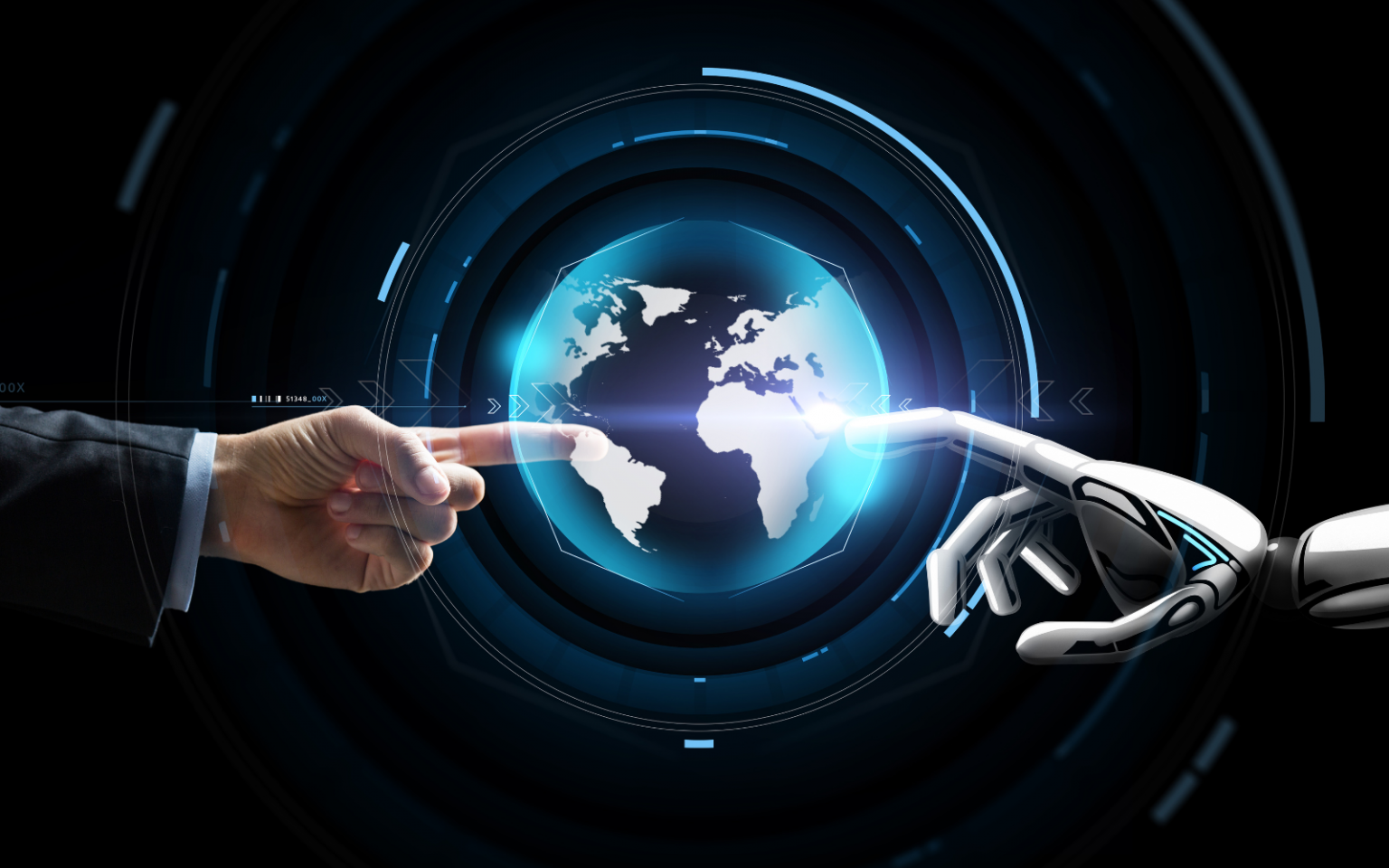A team led by researchers at MIT in the United States has discovered large molecules containing carbon in a distant interstellar cloud of gas and dust. This is exciting for those of us who keep lists of known interstellar molecules in the hope that we might work out how life arose in the universe. But it’s more than just another molecule for the collection. The result, reported today in the journal Science, shows that complex organic molecules (with carbon and hydrogen) likely existed in the cold, dark gas cloud that gave rise to our Solar System. Furthermore, the molecules held together until after…
Author: The Conversation
Modern computers are a triumph of technology. A single computer chip contains billions of nanometre-scaled transistors that operate extremely reliably and at a rate of millions of operations per second. However, this high speed and reliability comes at the cost of significant energy consumption: data centres and household IT appliances like computers and smartphones account for around 3% of global electricity demand, and the use of AI is likely to drive even more consumption. But what if we could redesign the way computers work so that they could perform computation tasks as quickly as today while using far less energy? Here, nature…
Optimistic advocates for AI say this environmentally costly technology will become more sustainable with time. We can use AI more efficiently, and explore less energy-intensive designs inspired by the human brain. We can build data centres more sustainably, using wood or low-carbon concrete and steel. The heat from the data centres can warm homes in the local area. Of course, if we start using AI systems too widely (including where we don’t really need them), the growth might outweigh any of these potential gains in efficiency. But recently, I’ve been hearing another argument: that AI itself is tackling climate change. AI can help to model wildfires, optimise energy consumption to stabilise the grid,…
A physicist, a chemist and a mathematician walk into a bar. It sounds like the start of a bad joke, but in my case, it was the start of an idea that could reshape how scientists think about the history of the Moon. The three of us were all interested in the Moon, but from different perspectives: As a geophysicist, I thought about its interior; Thorsten Kleine studied its chemistry; and Alessandro Morbidelli wanted to know what the Moon’s formation could tell us about how the planets were assembled 4.5 billion years ago. When we got together to discuss how old the Moon really was, having those…
I’m a computer scientist and a bad Christmas shopper. Over the weekend, I wondered whether AI systems might be able to help me out. Could I just prompt ChatGPT to pick a personalised gift for my cousin Johnny and have it shipped in time to reach him? Alas, the cheerful chatbot couldn’t help, telling me it “can’t make purchases or handle shipping directly”. In the two years since ChatGPT launched, we have seen wave after wave of AI products and features promising to save us from mundane tasks. Yet so far, gift shopping is beyond them – apart from the…
In 2024, artificial intelligence (AI) continued taking large and surprising steps forward. People started conversing with AI “resurrections” of the dead, using AI toothbrushes and confessing to an AI-powered Jesus. Meanwhile, OpenAI, the company behind ChatGPT, was valued at US$150 billion and claimed it was on the way to developing an advanced AI system more capable than humans. Google’s AI company DeepMind made a similar claim. These are just a handful of AI milestones over the past year. They reinforce not only how huge the technology has become, but also how it is transforming a wide range of human activities. So what can we expect to happen in the world…
Interacting with AI chatbots like ChatGPT can be fun and sometimes useful, but the next level of everyday AI goes beyond answering questions: AI agents carry out tasks for you. Major technology companies, including OpenAI, Microsoft, Google and Salesforce, have recently released or announced plans to develop and release AI agents. They claim these innovations will bring newfound efficiency to technical and administrative processes underlying systems used in health care, robotics, gaming and other businesses. Simple AI agents can be taught to reply to standard questions sent over email. More advanced ones can book airline and hotel tickets for transcontinental business trips. Google recently demonstrated Project…
When you wish upon a star, Jiminy Cricket told us, your dreams come true. But according to an idea doing the rounds on social media, that may not be the case: According to astronomy, when you wish upon a star you’re a million years too late. The star is dead, just like your dreams. @robbnwa♬ original sound – mother of heathens Is that really true? Did Jiminy Cricket lie to us? As an astronomer, I’m happy to say that the stars we can see in the night sky are a lot closer and live a lot longer than you would think. It’s pretty…
Could humans expand beyond their homeworld and establish settlements on the planet Mars? The idea of settling the red planet has been around for decades. However, it has been seen by sceptics as a delusion at best and mere bluster at worst. Mars might seem superficially similar to Earth in a number of ways. But its atmosphere is thin and humans would need to live within pressurised habitats on the surface. Yet in an era where space tourism has become possible, the red planet has emerged as a dreamland for rich eccentrics and techno-utopians. As is often the case with science communication, there’s a…
We all know using social media is considered bad for you. A high social media diet is linked to anxiety, depression and FOMO (the fear of missing out). Even internal research data from Meta, the company behind Instagram and Facebook, agrees. However, over the last decade, social media has become woven into the fabric of our daily lives. It’s hard to imagine life without it. Young adults are especially vulnerable: 80% of young adults use social media daily, spending close to three hours per day on it. For many, scrolling social media is the first thing they do when they wake…










